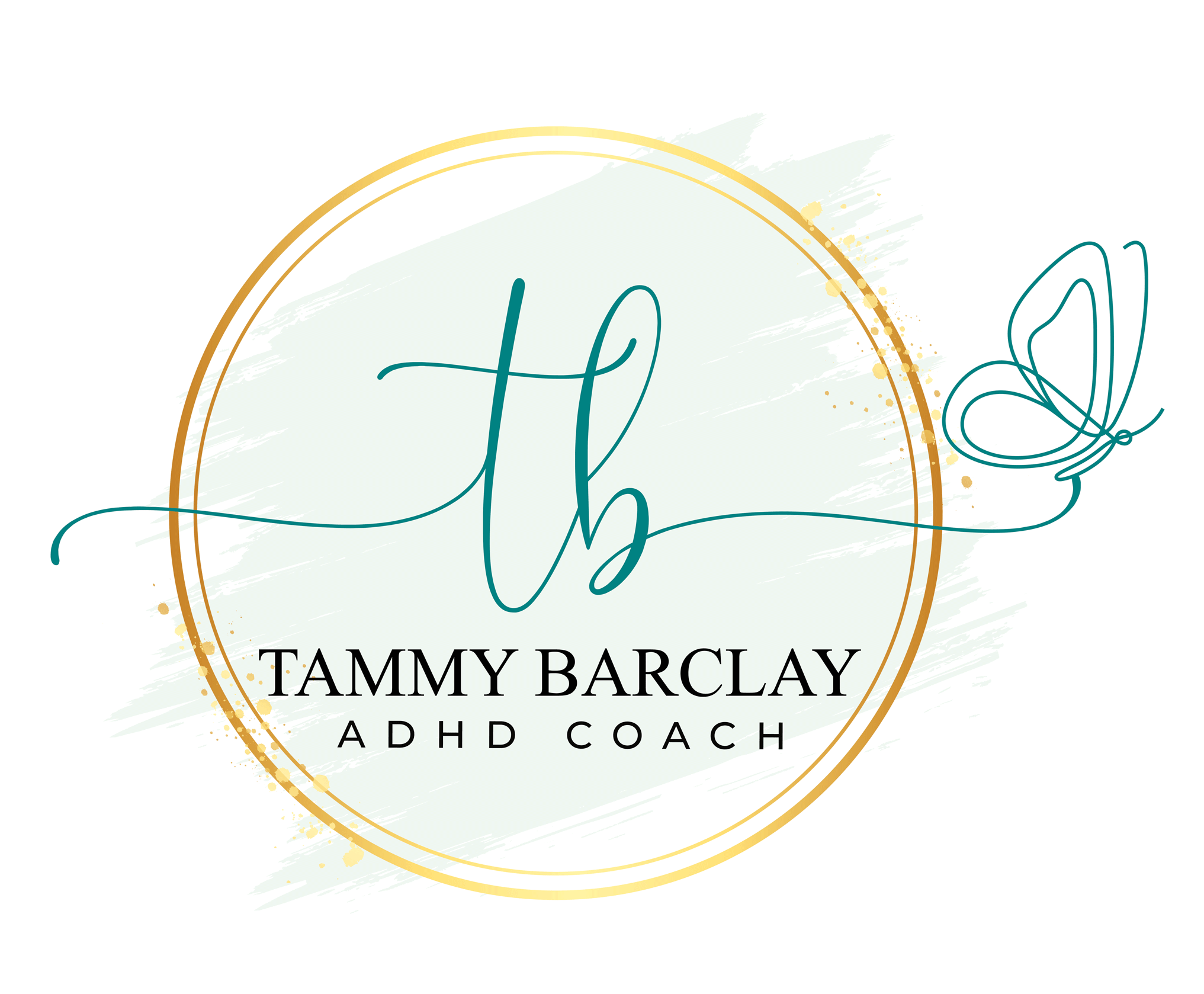
Neurodiverse brains are complicated. Their weak executive functions mean that they often struggle to get things done. This can cause a lot of tension and conflict at home and make life frustrating.
Before I understood my husband and my kids and how their brains work, I asked terrible questions and in ways that would often make them feel accused, upset and like they were a failure. I’d send one of the kids to clean their room and come back 2 hours later to find the room still a mess while they read their favourite book nestled in a pile of dirty laundry on their bed. I would be so frustrated! I’d lash out with angry questions like “What do you think you’re doing reading when you haven’t cleaned your room yet?” (Don’t judge me… many of you have done it too ?). And my child would curl up in a ball, look completely defeated and I would feel terrible… but also still upset that the task wasn’t done.
Or I might leave to run some errands and ask my teen (or spouse) to complete several things around the house while I was gone. I come home and find him playing video games and only 2 things on the list are done. Naturally I was upset and would often ask very unhelpful questions like: “Why aren’t you done yet?” or in full pity-party mode I’d lay on the guilt with “Why can’t you help out around here more and get off those stupid video games?” Sound familiar? I can’t be the only one experiencing these scenarios…
Here’s what I’ve learned as a coach that completely changed the game in my house. The first thing I learned was that kids (and spouses) will do well it they can, but their brain wiring gets in their way. I talk more about that in this blog post. The second thing I learned was that when I ask better questions, I get better answers and we have a better chance at solving the problem together.
Here are 3 tips to ask better questions!
- Pause and Get Control of Your Emotions
Your frustration will leak out in your tone of voice and body language. The most important step in asking better questions is to get your emotions under control so that you can respond to the situation rather than react to it. This takes practice and skill. You might need to learn some breathing techniques or recognize your need to walk away for a few minutes to regain your composure. You could also try counting or doing simple math in your head since working with numbers requires our brain to use logic and interrupts the flood of emotions we’re feeling in the moment. (That’s also a helpful tip to pull yourself out of a panic attack).
- Bring your Curiosity to the Conversation
Once you’re calm and in control, get curious about the situation at hand. Ask questions that are open ended to draw out details about their thought process and internal struggle. In my examples above I would ask things like “I see your room isn’t clean yet. What’s getting in your way? Or with the teen or spouse scenario I might start with “Thank you for getting those 2 things done. I notice that not everything was finished though. Can you tell me more about that? By staying calm and asking those types of questions you create an environment where they are more likely to engage in the conversation and not just shut down because they feel like you’re attacking them.
- Have a Non-Judgemental Attitude
Keep an open mind and listen for the reasons behind the actions. The child with the messy room might say “There is so much mess in my room I didn’t know where to start.” (They are overwhelmed and may have trouble planning and prioritizing). Maybe they will say “I just sat down for a quick break! It can’t it’s been 2 hours!” (They may be “time blind” and weren’t aware they had stopped for so long). Your spouse or teen might answer with “I couldn’t remember all the things you asked me to do!” (Maybe they have weak working memory, and a written list is a better tool than a verbal list.)
By making the choice to assume that they would do well if they could it allows me to shift my thinking from being angry and frustrated to curious and compassionate. It prompts me to look for ways to do collaborative problems solving and help my family strengthen their weaker executive functions and build missing skills. As I ask better questions and get more meaningful answers from them, we can identify together what things are getting in the way of their success and we can explore strategies to overcome the challenges.
Here are a few examples of “better questions” that you can try that will open up more positive conversations.
“What’s getting in your way of completing this?”
“Can you tell me more about that?”
“I want to understand your thought process there. Can you share with me what you were thinking?”
“When you (did this) what did you imagine the outcome would be?”
“Would you have tried something different if you had known it would turn out this way?”
“What do you think would make it easier for you to accomplish this?”
“What are your ideas to solve this problem?”
“What plan would you like to put in place to make sure this doesn’t happen again?”
“How can I support you in this?”
Next time there is conflict in your home, give these 3 tips a try and let me know how it goes.
Do you have your own examples of great questions that you use? Share them in the comments so we can all learn from one another.
